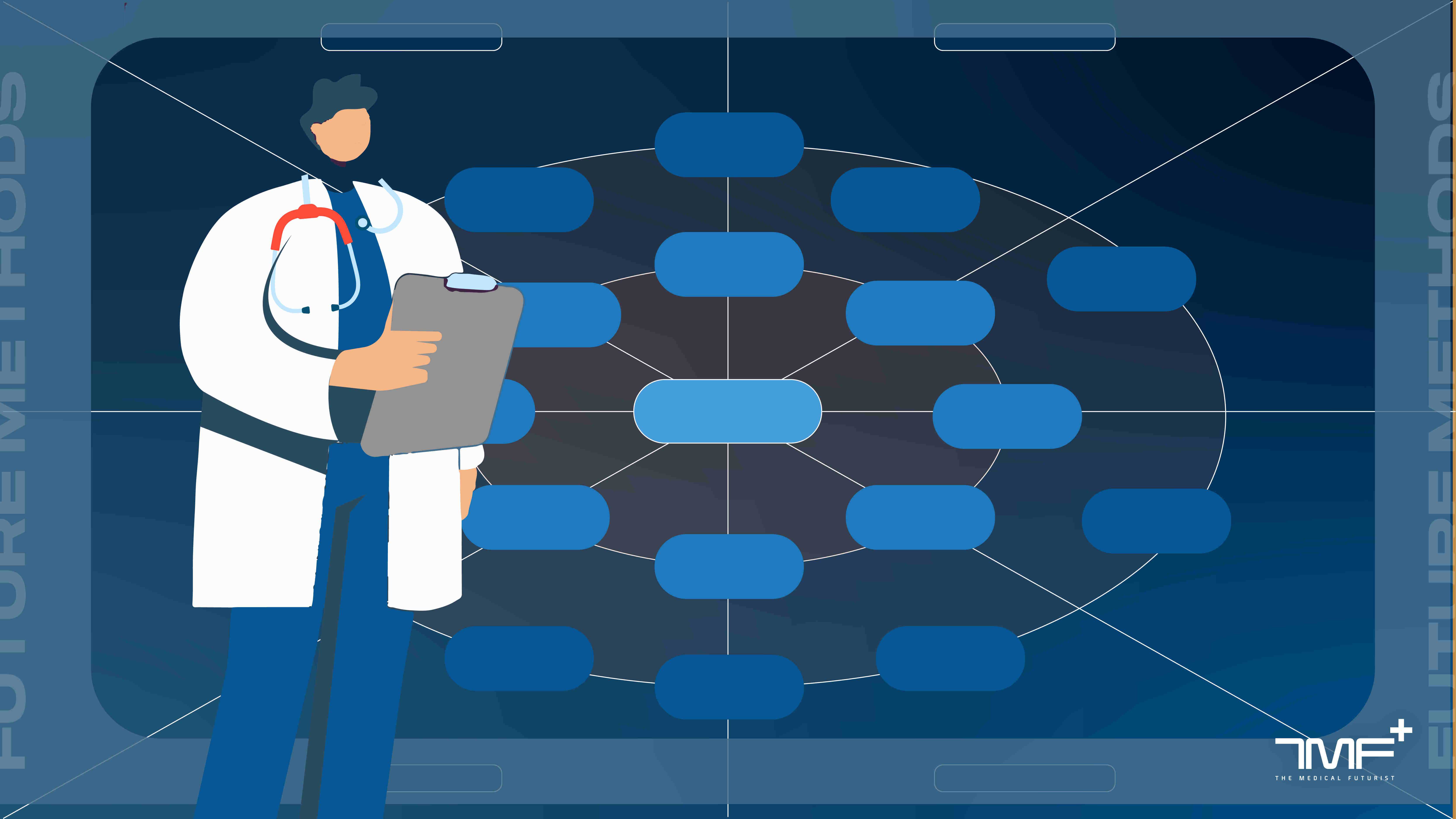
@ShahidNShah


Welcome back to our series on “How to Predict the Future of Healthcare.” In our first installment, we discussed forecasting as a fundamental futures method. Today, we’re shifting gears to explore a tool designed to map out the ripple effects of change: the Futures Wheel. If forecasting helps us answer “what” might happen, the Futures Wheel helps us understand “so what?” – the cascading consequences and opportunities that a single event or trend can set in motion.
While Futures Wheel may sound like a fairground attraction, it is perhaps the simplest method to engage people in thinking about the future in a way that generates a useful, ideally, actionable output.
The method’s strength lies in its flexibility. Look at these diverse examples:
While seemingly disparate, each can be the starting point for a Futures Wheel. Whether it’s a technological breakthrough, a policy change, or the discovery of a new health-related technology, any trend, event, or milestone can start the process.
Continue reading at medicalfuturist.com
Clinical trials are costly and slow, have low success rates but are essential in improving healthcare. Let's see the various ways AI can help the process. With overall success rates under 8%, …
Posted Jun 12, 2024 Artificial Intelligence Hybrid Clinical Trial
Connecting innovation decision makers to authoritative information, institutions, people and insights.
Medigy accurately delivers healthcare and technology information, news and insight from around the world.
Medigy surfaces the world's best crowdsourced health tech offerings with social interactions and peer reviews.
© 2025 Netspective Foundation, Inc. All Rights Reserved.
Built on Apr 17, 2025 at 6:07am